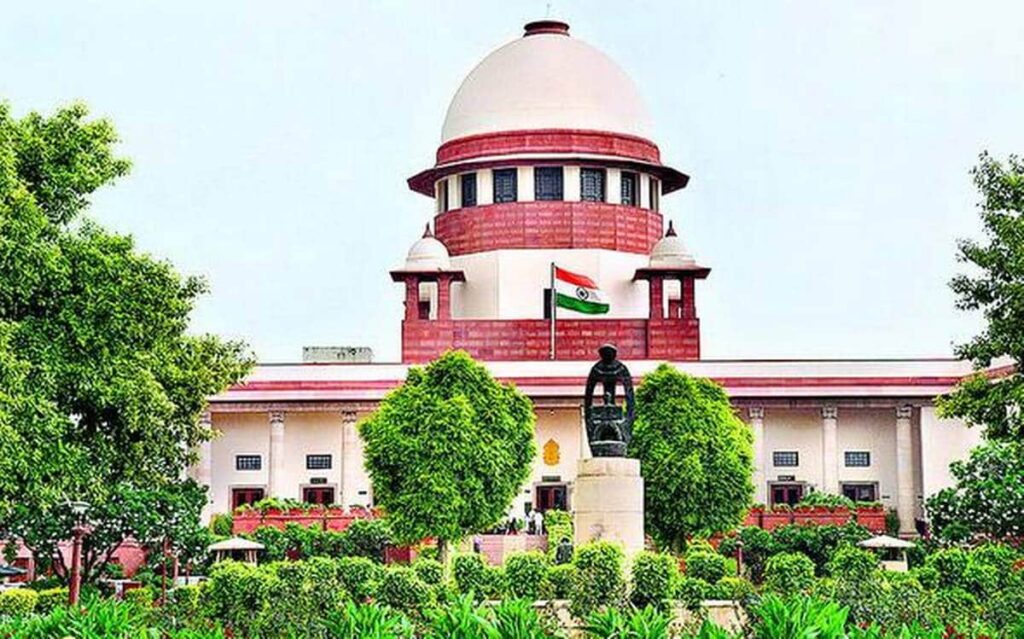NEW DELHI, Feb 2: The Supreme Court on Thursday refused to entertain a plea to ban a candidate from contesting from two constituencies simultaneously. “This is a policy matter and an issue concerning political democracy. It is for the Parliament to take a call,” a Bench led by Chief Justice of India D.Y. Chandrachud observed.
The petition filed by advocate Ashwini Upadhyay, represented by senior advocate Gopal Sankaranarayanan, had sought the court to declare Section 33(7) of the Representation of People Act invalid and ultra vires. “Like one-person-one-vote, one-candidate-one-constituency is the dictum of democracy… Section 33(7) of the Act allows a person to contest a general election or a group of by-elections or biennial elections from two constituencies,” the petitioner argued. The move has the support of the Election Commission of India.
But the court chose to leave the issue to the wisdom of the Parliament. “This is a matter of legislative policy, since ultimately it is Parliament’s will to see if a country can be granted such a choice. Hence, absent any manifest arbitrariness in the said provision, we cannot strike it down,” the court noted.
In 2018, the government had objected to the petition in court. It had argued that law cannot curtail the right of a candidate to contest elections and curtail the polity’s choice of candidates. The government had further told the Supreme Court that one-candidate-one-constituency restriction would require a legislative amendment. It had supported Section 33 (7).
Before the amendment, candidates could contest from any number of constituencies. The government had said the restriction to two constituencies was reasonable enough, and there was no need to change the law now.
The Election Commission had, in an affidavit in 2018, supported the petition. It had informed the Supreme Court that it had proposed an amendment to Section 33(7) in July 2004.
The poll body had pointed out that “there have been cases where a person contests election from two constituencies, and wins from both. In such a situation he vacates the seat in one of the two constituencies. The consequence is that a by-election would be required from one constituency involving avoidable expenditure on the conduct of that bye-election”.
The poll body concluded that the “law should be amended to provide that a person cannot contest from more than one constituency at a time.” The poll body had even suggested that a candidate should deposit an amount of ₹5 lakh for contesting in two constituencies in an Assembly election or ₹10 lakh in a general election. The amount would be used to cover the expenses for a by-election in the eventuality that he or she was victorious in both constituencies and had to relinquish one.
(Manas Dasgupta)

